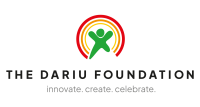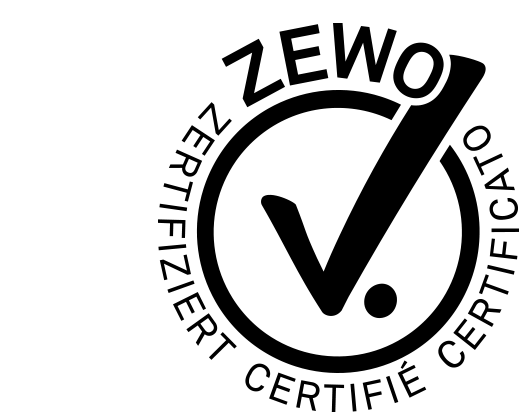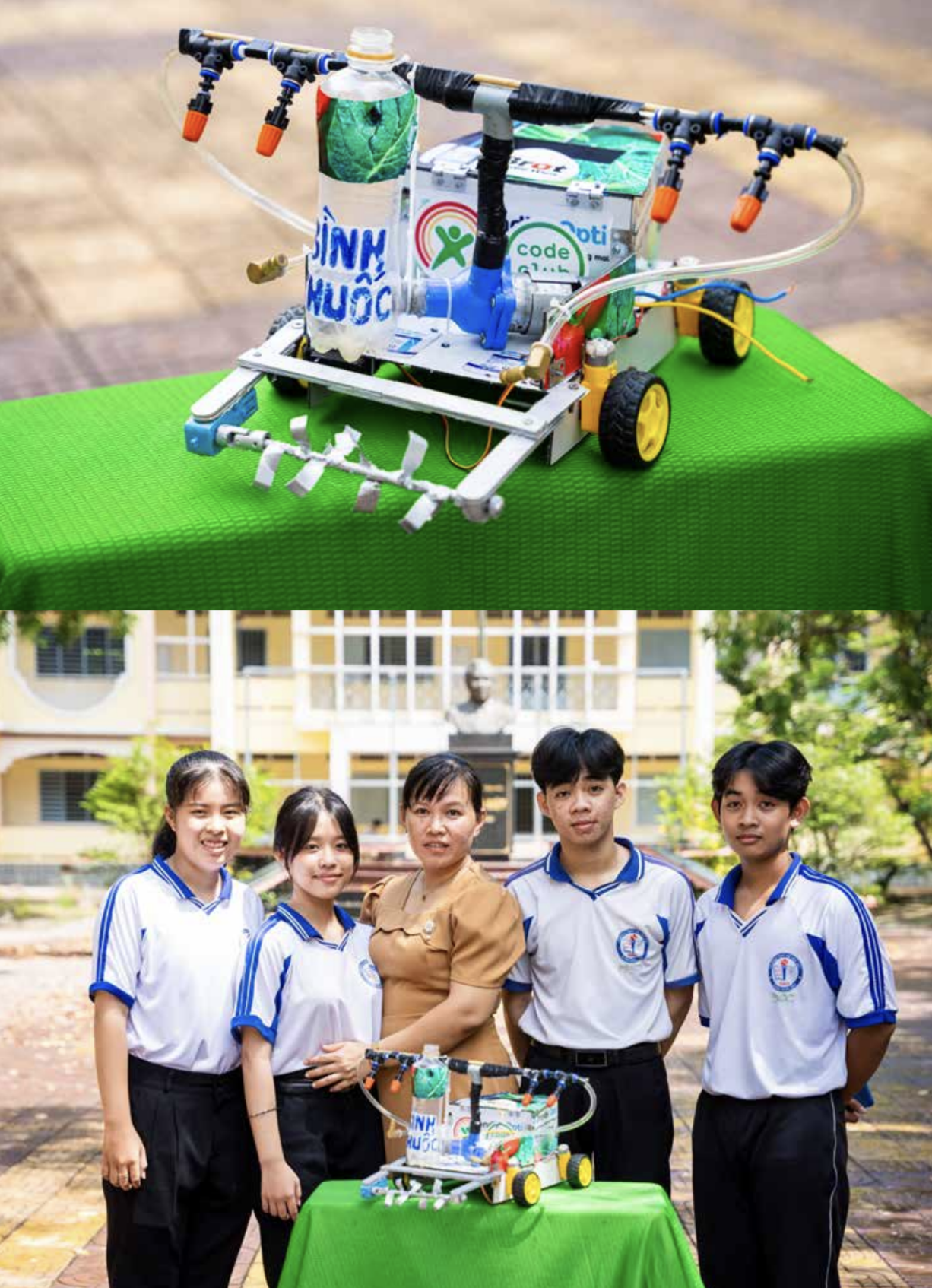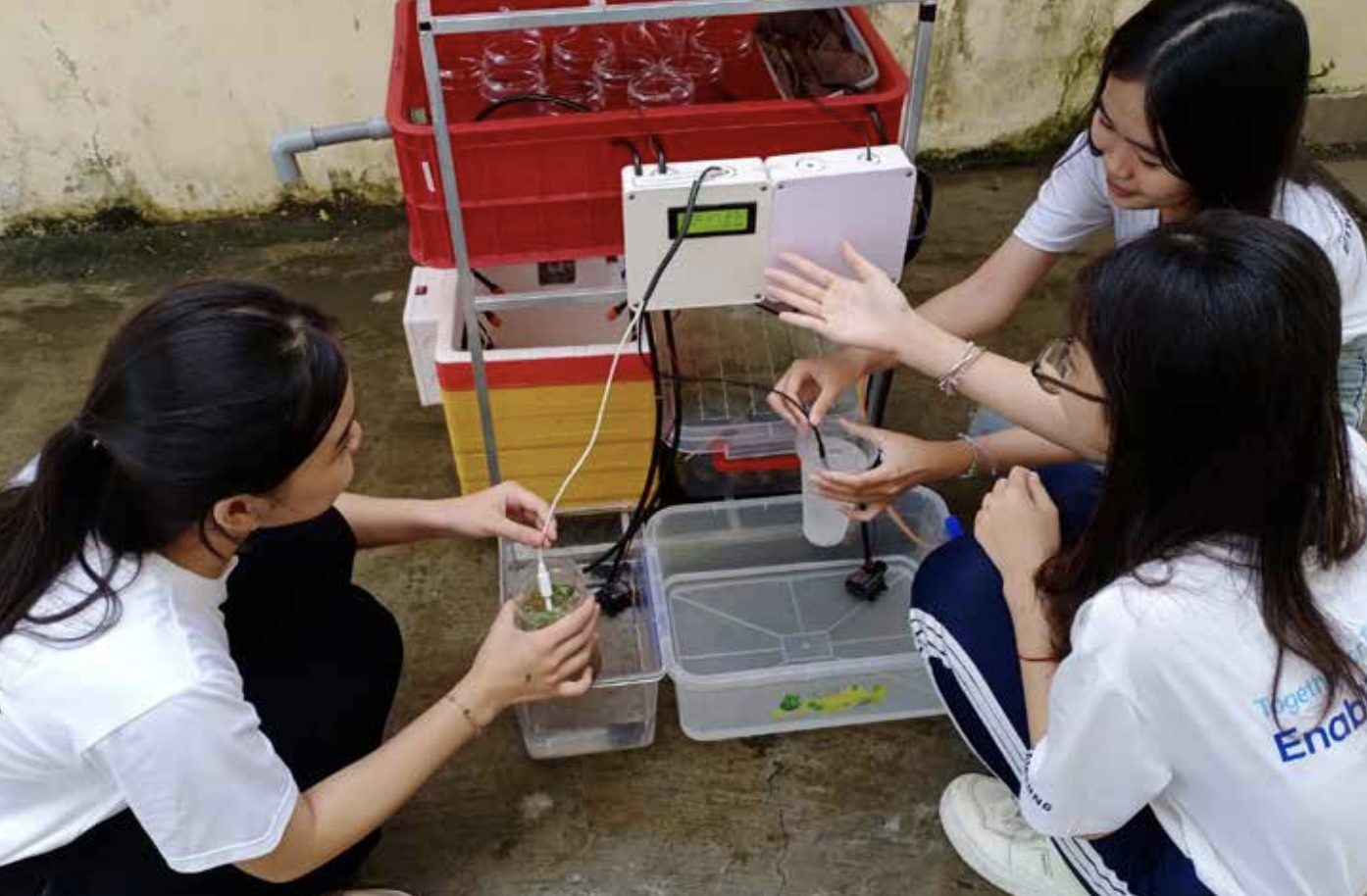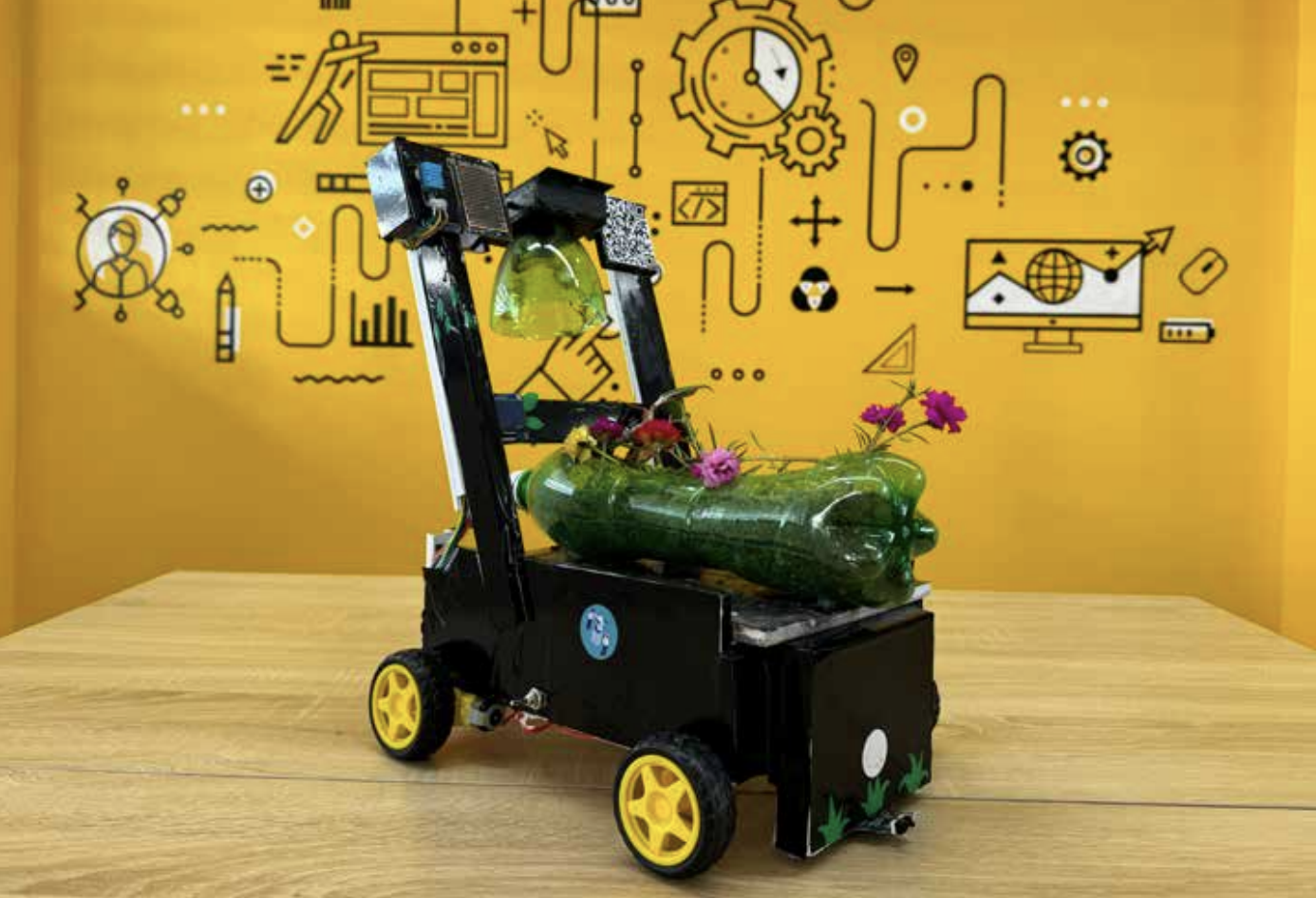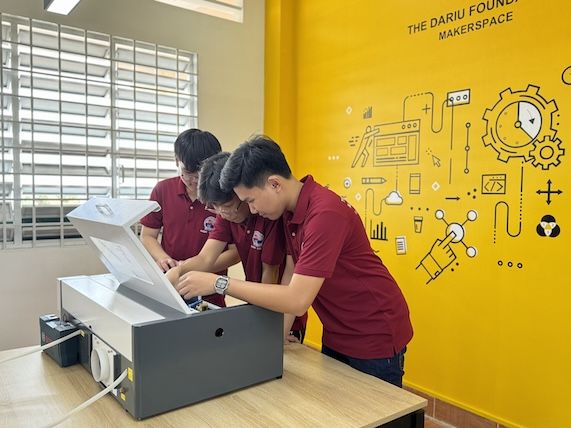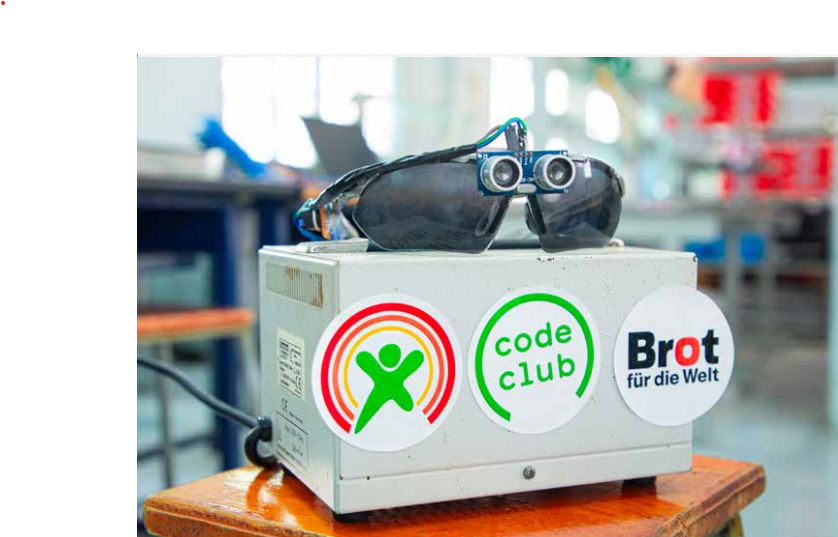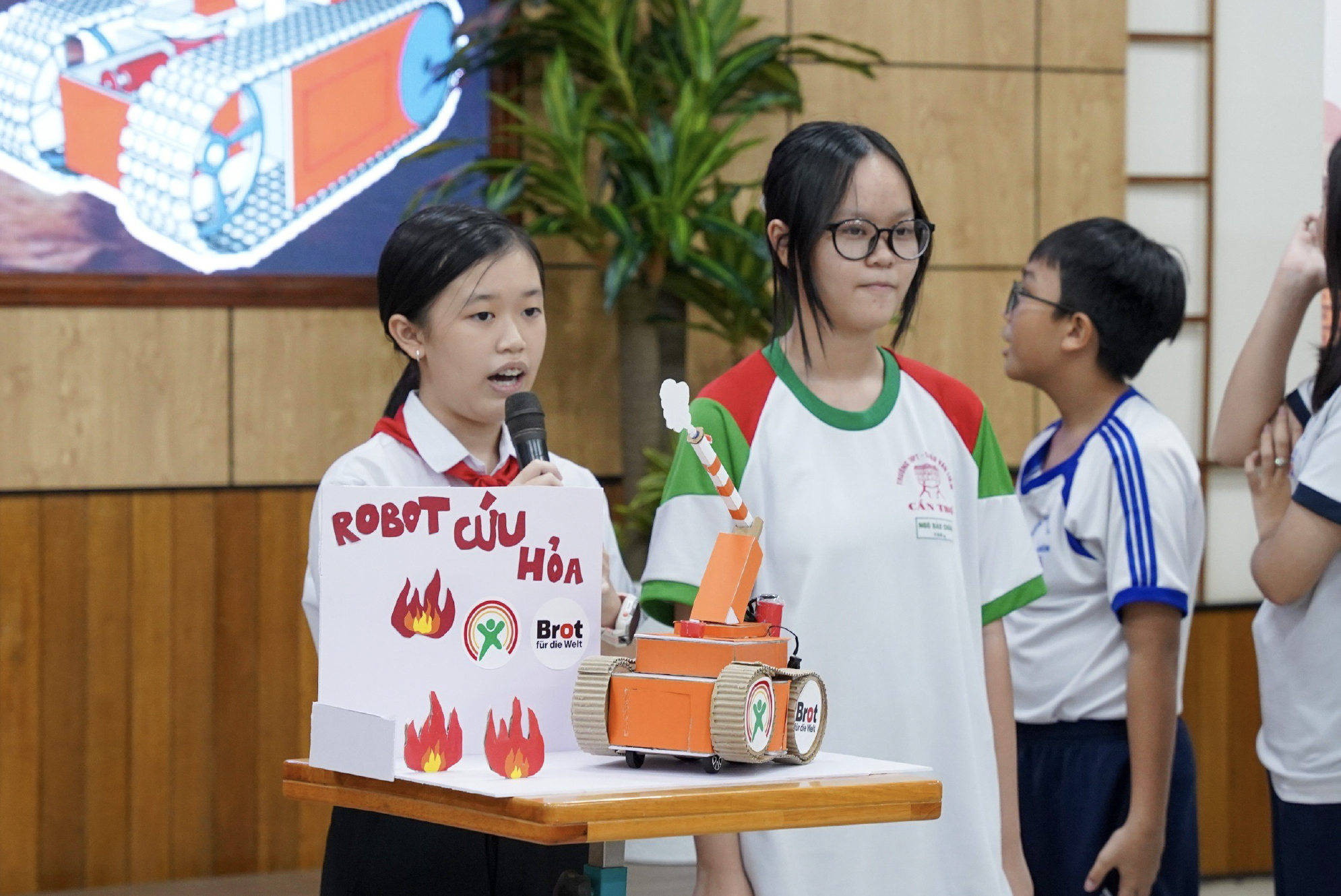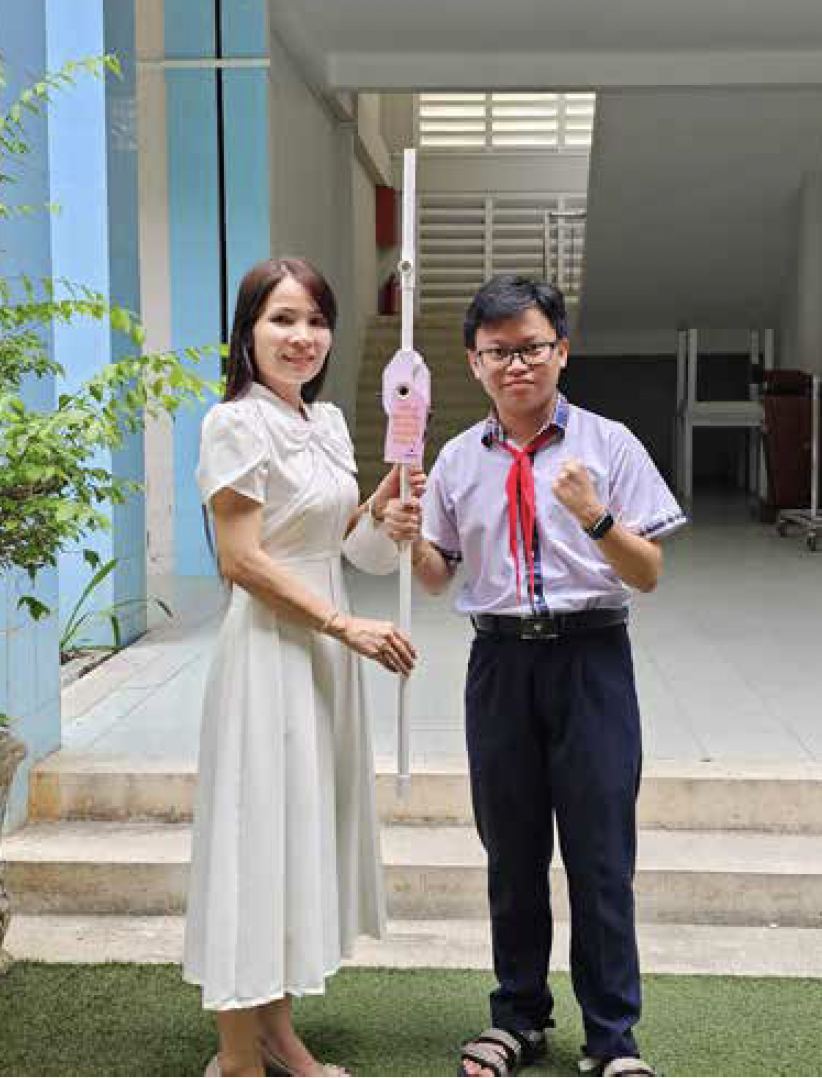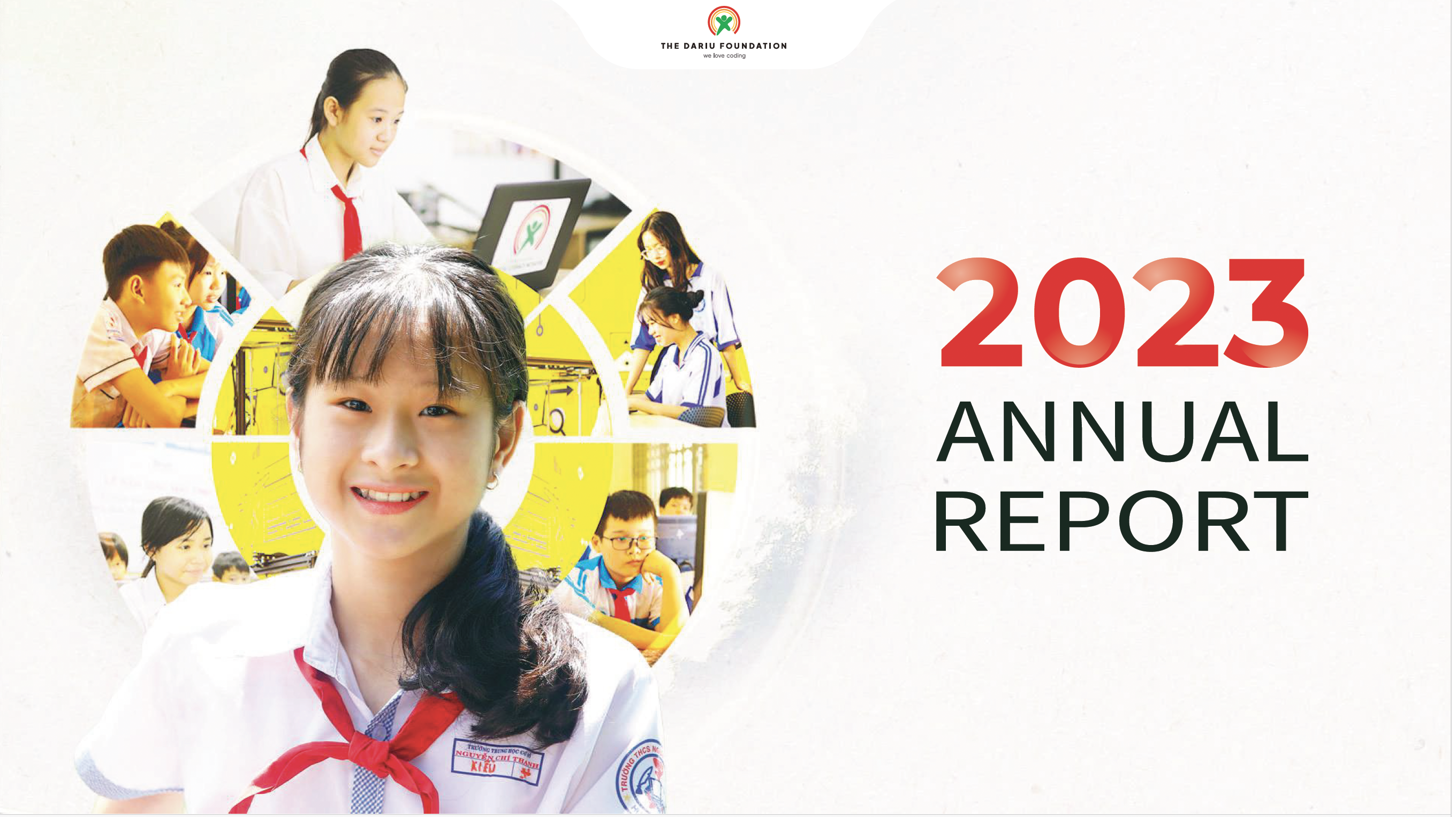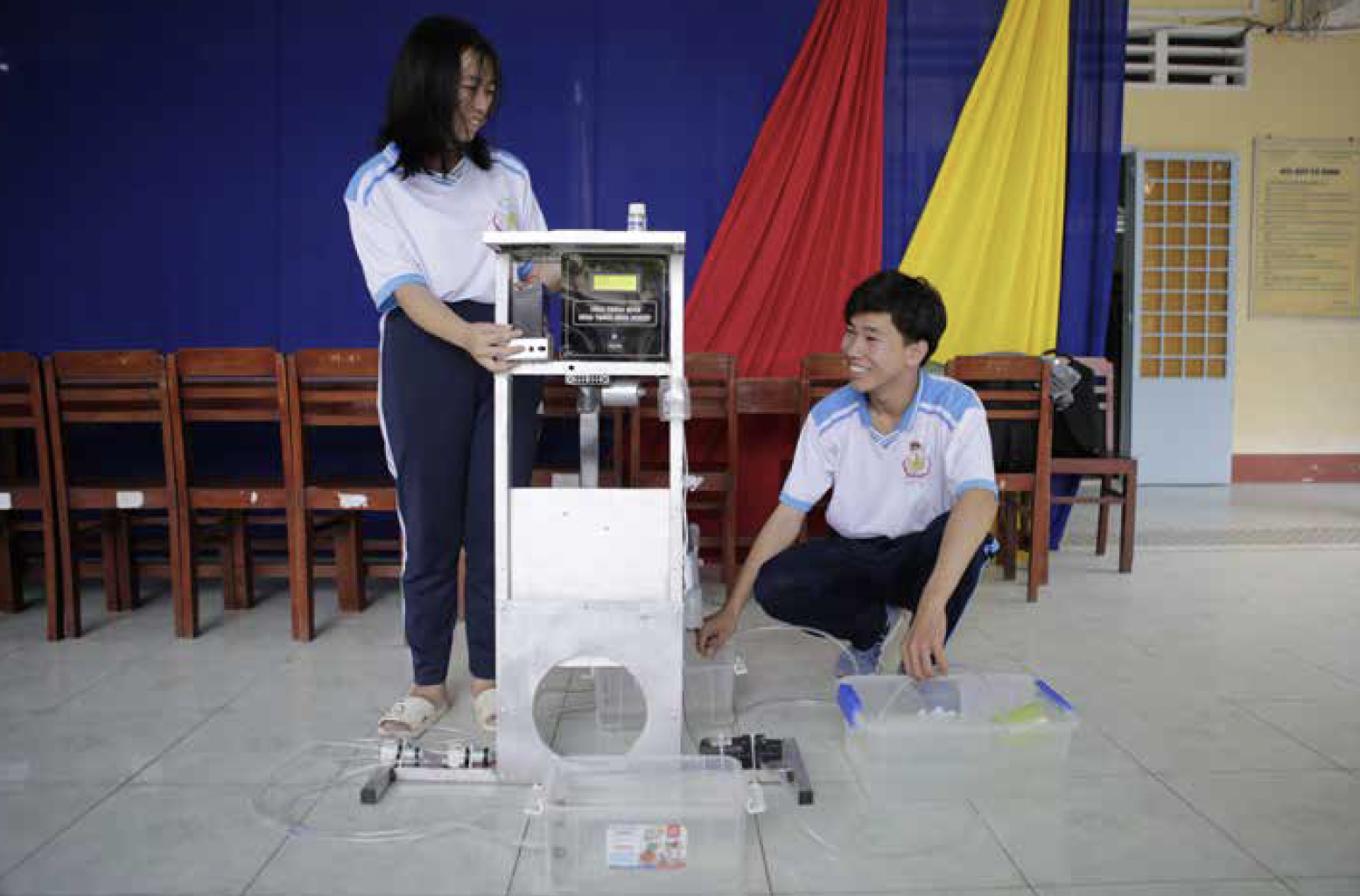GREENFIELD GUARDIAN
The GreenField Guardian is an intelligent agricultural model designed for safe and efficient pesticide application and soil preparation. With many crops located near residential areas, this device helps reduce the risk of chemical exposure to people and the environment. It minimizes pesticide use, improves spray accuracy, and reduces costs for farmers by making crop care more effective.
HOW DOES IT WORK
The GreenField Guardian utilizes advanced technologies for precise and environmentally friendly agricultural operations:Key Functions:
- Pesticide Application
- Integrated pump generates pressure for the pesticide solution
- Fine misting through the nozzle ensures even coverage and minimal waste
- Soil Cultivation
- Motor-driven tilling blades loosen the soil
- Improved soil aeration for more efficient nutrient absorption by plants
- Control and Monitoring
- Operation via control panel or mobile app
- Remote monitoring of device status, start/stop of spraying function, and adjustment of cultivation depth
FUTURE DEVELOPMENTS
The development team plans the following improvements:
- Integration of artificial intelligence (AI) and camera technology for automatic detection of plant diseases and treatment suggestions
- Increased mobility by adding track drive for rough terrain
- Incorporation of renewable energy sources for greater environmental friendliness
The GreenField Guardian represents a significant advancement in precision agriculture, enhancing efficiency while reducing environmental impact.
